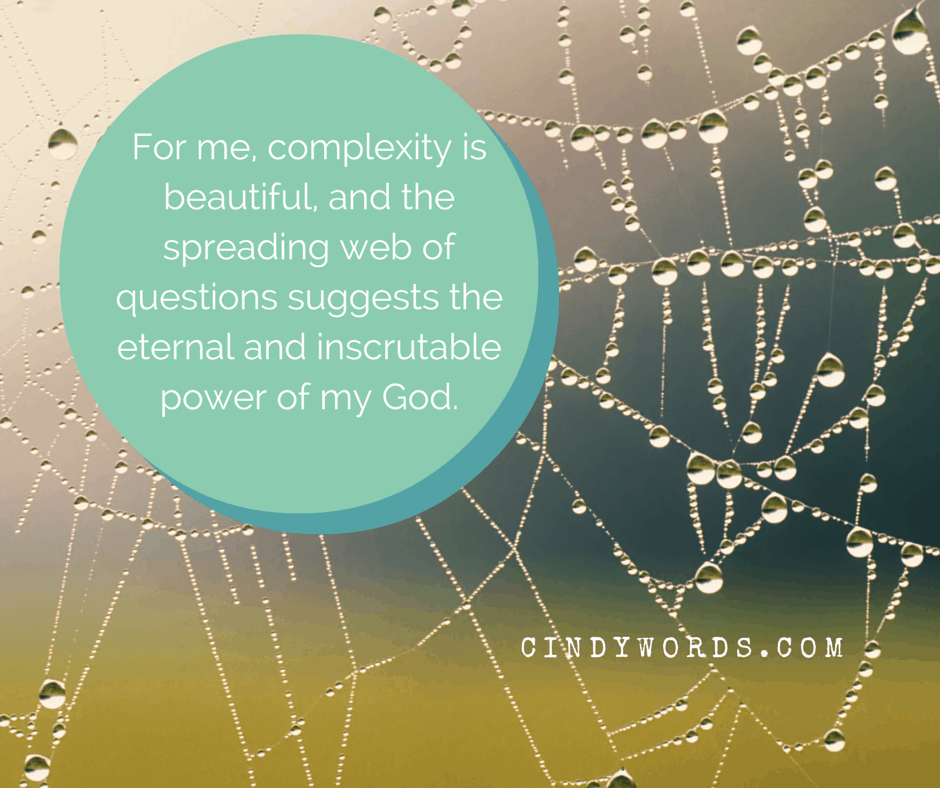
Too Smart to be Christian?
June 26, 2015
This post is part 4 of my Summer Series featuring each of the Ten Christian Voices We Can’t Ignore from my e-book, Outside In, which you can get for free by subscribing to my newsletter here. I will be inviting guest posts, adapting parts of my book, and sharing original ideas. I hope you will follow along and consider picking up the book (for free).
In the chapter “Too Smart,” I explore whether intellectualism can co-exist with the Christian faith and how the church can make space for academic engagement and public discourse.
It would be a bit arrogant for me to assume I’m the voice for “too smart.” To that end, I’ve invited my brilliant friend, Rob Moore, who shares his story of discovering that God was more than capable of accommodating the depths of the human mind. I pray and hope this will be a piece that encourages those of you who find yourselves lonely on the road to intellectual discovery and wrestling and yet long for an authentic faith in God.
///
In a recent meeting of our Graduate Christian Fellowship, a friend of mine who is about to finish his Ph.D. in Physics commented that being a Christian academic is like being an ambassador to two worlds simultaneously. True enough. If you’re reading this, you likely already have an opinion about whether or not it’s a waste of time for a Christian to, say, spend years studying Heidegger’s Being and Time. Discussions on the merit of intellectualism in the Church tend to focus on whether or not it’s useful, or necessary, or doctrinally-correct. Rarely do we ask if it’s personal. After all, how could a doctoral dissertation on late-19th century Chinese political aesthetics (like the one I’m working on) possibly be anything but a cold, bland diversion from the Christian’s personal relationship with God and others?
How, indeed? I won’t attempt to speak for other Christians involved in professional academics, but my growth as an intellectual has fueled, not hindered, my growth as a Christian. I’ll even go so far as to say that without it, I would likely not even be a Christian. It isn’t a question of apologetics, but of language. We all must hear the name of God spoken to us in a way we understand, and until someone uses our language, faith is little more than a mechanical discipline. I’d like to share with you the moment for me when it became more than that.
My first year in Shandong province, in 2002, was hard. I had gone there with a teaching organization called ERRC after leaving Lubbock, Texas, where I’d graduated from college two years before. Without giving a full history of my college years, and particularly my service with Intervarsity Christian Fellowship (an organization I respect) and my local church, I’ll say simply that I had come away confused. I had heard for years, over and over, that God loved me, but I had no desire to tell others. It was an odd feeling which I believed was due to a hard heart that God would soften in the course of my work in China, and because I knew no other kind of Christian life than the one I’d been living in Texas–which was high on discipline and action, but low on joy–that’s what I pursued.
I burned out quickly. I distinctly remember the afternoon, six months after I arrived, when I was sitting alone in my living room, exhausted and discouraged. I’d had plenty of the kinds of discussions I felt I should have had, but none of the ones I wanted. I was bone-tired, and when I prayed, I called out to God, saying, “I can’t do this any more. I don’t want to preach Your Gospel. I don’t want to tell anyone else about You or this life.” What frightened me more than the sentiment itself was that I had no idea what was exhausting me. What other kind of life was there? Everyone knew that if you obeyed God and followed Him, your passion for Him and for His kingdom grew, but mine was heading in the reverse direction.
A short time later I found online a copy of Jonathan Edwards’ The Freedom of the Will. Curiously, the only work of Edwards’ that most people know is “Sinners in the Hands of an Angry God.” I myself knew him only as a preacher. I didn’t realize, yet, that Edwards was also a relentless intellectual, and would present on scientific treatises from the pulpit. As I started to read, I felt emotions well up in me that I hadn’t felt before. It was quite literally as though, after years desperately trying to hear and respond to a loved one in Japanese, that person had finally switched to English. Far more than Edwards’ specific perspective on the question of free will, I was struck by the density and intricacy of his argument. Pages upon pages were dedicated to defining a single word. Whole chapters might be spent staging, then responding to, a possible counterargument. Never in my life had I read a spiritual work with such rigor. It was exhilarating, but more than that, it was affirming. I felt a deep kinship with this pastor from centuries before. He asked questions I had always wanted to ask, but which had always felt petty in the evangelical churches and Bible studies I’d attended, and he answered them in a way that didn’t just resonate with me, but touched me.
I had always been told that God loved me, and gave His Son for me, but I had never known who that God was. In praise and worship concerts, or even just in churches with such music (which was most of them, in Lubbock), I had felt intensely uncomfortable because I simply didn’t respond emotionally to the music, which seemed to move nearly everyone else to rapturous song. In Bible studies I had always felt constrained to look for what in the Bible could apply most to my life. In every case it was application that mattered, or seemed to matter. I didn’t feel free to explore or to question, and as a result, God had no beauty or glory in Himself, but only in the things He did for me and with me, so when I grew weary of what I was doing, it was as though God Himself was absent.
For some, complexity is troubling. Far better to have straightforward answers to questions so that we might better carry out the mission with which we’ve been entrusted. For me, complexity is beautiful, and the spreading web of questions suggests the eternal and inscrutable power of my God. I learned, first with Jonathan Edwards and later with many other thinkers, that the intricacies of the human mind spoke of a Creator big enough to encompass them, from the confessions of St. Augustine to the strident denials of Friedrich Nietzsche. From this came a new personal awareness of grace, which for me was and still is the freedom to ask questions and not always have answers. I became someone who studied and learned, not as a Christian soldier looking for the right words to counter the lies of this world, but as a child of God bent on uncovering His beauty and proclaiming it in my own language. The difference between the two has preserved my faith.
///
Read previous posts from Outside In Summer Series:
Five Reasons Christians Should Do Comedy
Ten Reasons People with Disabilities Shouldn’t Go To Church
Procrastinating Until Marriage


